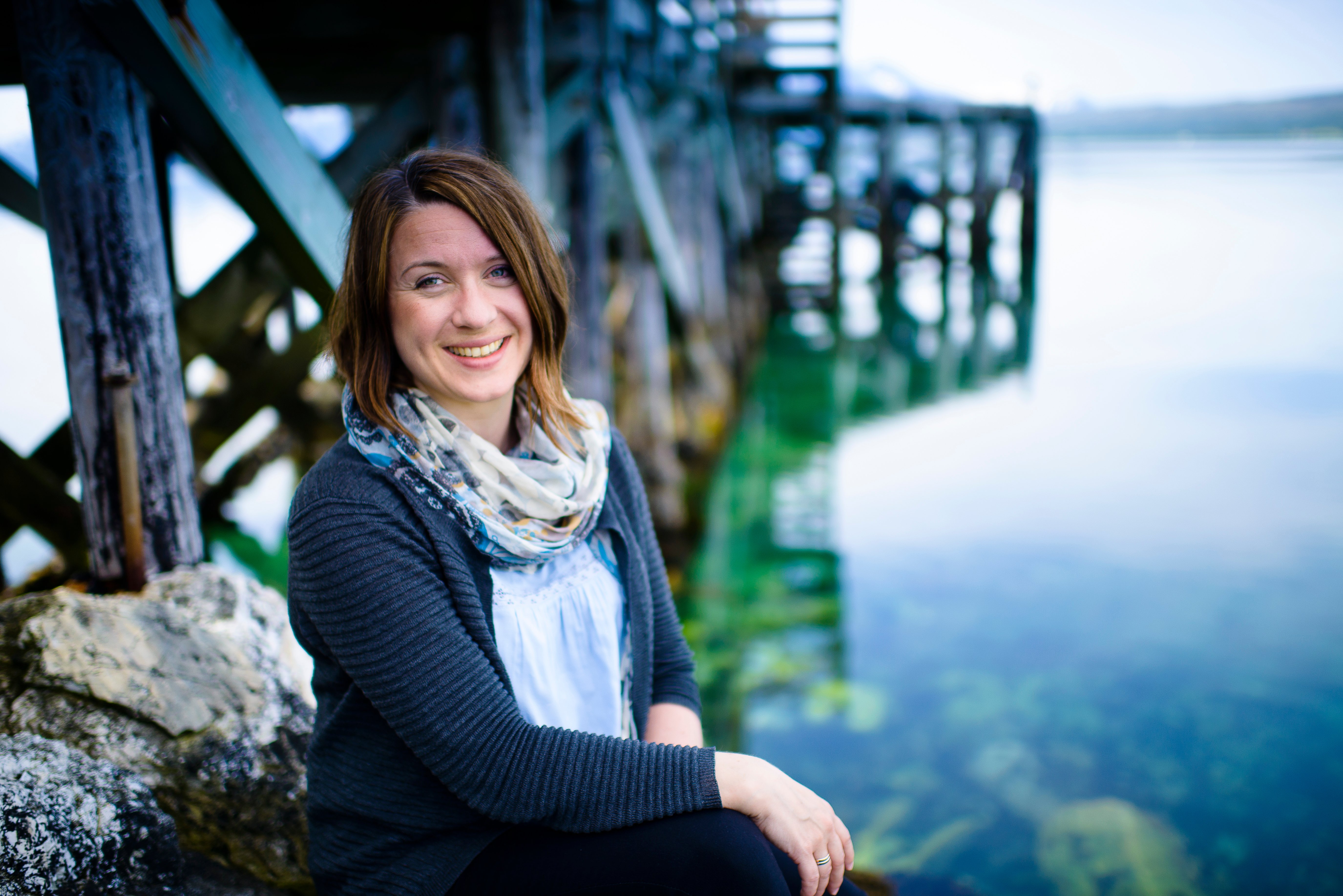The coast: What values are to be found – and how do we take care of them?

Many of the benefits that people get from nature are priceless. Others represent large monetary values. How do you measure all these values when plans are to be made for management of the coastal zone? And based on which criteria do you prioritize between divergent interests?
Food and beverages, commercial space, minerals and energy. But also adventure, activity and peace of mind. Benefits from nature are many and varied. Interests among actors may be different and interconnected, and power relations between the various interests askew. In the recently launched research project, Coreplan, scientists will seek to determine how the authorities can take into account the value of nature’s benefits and how best to serve the various interests when they are to manage our coastal zone. The central issue is how to prioritize between different interests where there is a conflict
Planning tools
The Research Council of Norway has resolutely stated that the Norwegian coastal zone is both a common good and a venue for various commercial interests. In the spring of 2015, the Research Council invited research that can contribute to a more integrated and sustainable management of the coastal zone, where different considerations are addressed.
Together with the Norwegian Institute for Cultural Heritage Research, the Norwegian College of Fishery Science at the University of Tromsø – The Arctic University of Norway, the Centre for Sami Studies and the University of Ottawa in Canada, researchers at Nofima have therefore started to look for good tools for coastal zone planning. The Coreplan project is being led by Nofima Scientist Ann-Magnhild Solås.
“The objective is to contribute to an improvement in coastal zone planning in Norway”, says the project manager.The scientists aim to achieve this goal by investigating potential administration instruments or management tools that steer social and economic players in the desired direction.
“Nature itself cannot be managed, but those who live off and in nature can be steered. Resource management involves, therefore, regulating human behaviour”, says Ann-Magnhild Solås.
Ecosystem services
One important term in the project is «ecosystem services». By this we mean the benefits that human beings reap from nature, for example food supply, potable water, experiences in nature and pleasures from nature.
“The point of this term is to show that nature, as well as having an intrinsic value, contributes very specific services that have a value for us. We can assess the value of some of these, but for others, such as a range of cultural benefits, putting a price tag on them may be difficult or ethically questionable”, says Solås.
Regulating instruments exist already in the form of licences for aquaculture and quotas in the fisheries.
“We will now investigate whether the methods available for identifying and assessing the value of ecosystem services can be useful tools in coastal zone planning and management”, says the project manager.
As cases, the scientists will study coastal zone management and coastal zone planning in Troms and Hordaland counties and in British Columbia in Canada.
We intend to find out how a system for registering and assessing the value of ecosystem services will fit into the management models that already exist, Ann-Magnhild Solås explains.
Power relationships
In Norway, responsibility for coastal zone planning is split into three administrative levels:
- Municipality
- County
- National
Who decides what and who has the last word?
In addition, historically we have seen a development where private individuals and companies have acquired exclusive rights to coastal areas, for example fish farming facilities, mining landfills or fishing rights. These can be traded, and the price shows quite specifically what the value of these ecosystem services are. Peace of mind, experience of nature or nature tourism cannot be appraised in the same way.
So how are these weighted when it comes to planning?
Power relationships in the planning processes are also interesting. In some cases, those with conflicting interests may have very different access to the resources.
Does the very skew power relationship have any impact on the planning processes?
“There are many interesting and complex questions to be worked on in this project”, the scientist confirms.
Climate changes
Climate changes are also conditions that can complicate planning and management in the coastal zone.
The effects of climate change can be higher water levels, erosion and more extreme weather. This leads to increased risk of damage to habitation, infrastructure, cultural heritage sites and commercial installations in the coastal zone. Climate changes will affect both ecosystems and environments – habitats for various species – along the coast.
“Climate changes will change the preconditions for planning and management further and will therefore naturally have to be taken into account in the future management instruments”, says Ann-Magnhild Solås.
Five of Nofima’s scientists are involved in the recently launched research project which will be completed in 2018.
“Large values, unclear responsibilities and conflicting interests makes coastal planning today a very demanding exercise. We need better and more effective planning”, the scientist concludes.
Text: Anne-May Johansen, Nofima

